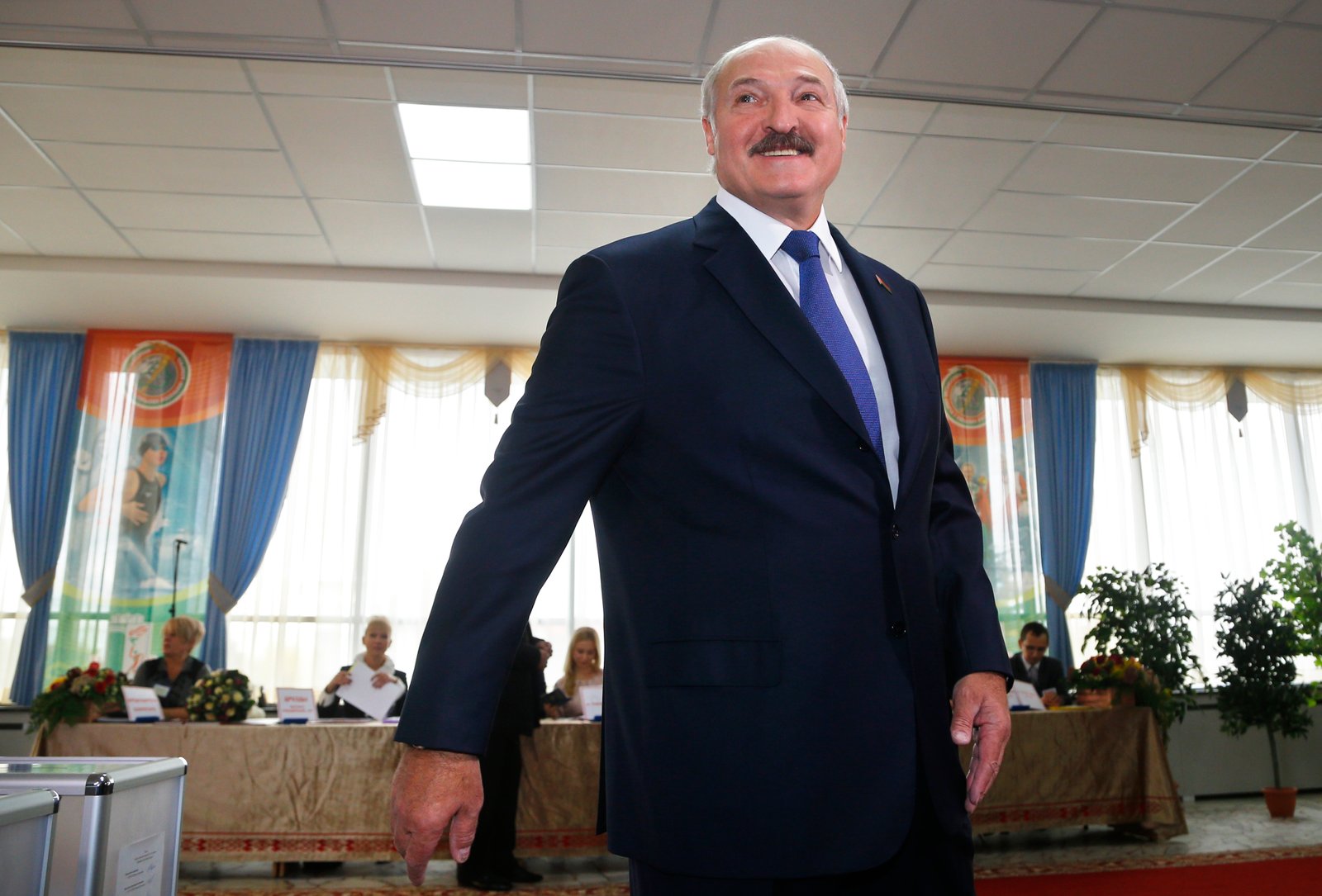

AP/Scanpix
While the United States criticized Minsk as the Deputy Spokesman for the State Department expressed disappointment that elections “fell short of the former Soviet republic’s international commitment to holding polls that are free and fair,” the European Union lifted sanctions on Belarus for four months.
The difference in approach is not as big as it might sound. The general mood in the West seems to be best reflected by the EU High Representative for Foreign Affairs and Security Policy Federica Mogherini, who recently described current relations with Belarus as “a window of opportunity that should not be missed.”
So what is the opportunity and the consequences therein if missed? The two most common answers center on recent confrontation between the West and Russia.
Many pundits in the West still believe that Lukashenko is willing and able to play his own role independent of Russia. They argue that strengthening relations with Minsk will dampen Kremlin expansionism to some extent. Further, if Lukashenko falls into Putin’s hands the West would be in even more trouble.
This school of thought has been supported for a considerable time by the expectation that Belarus will be Putin’s next target after Ukraine (which never came to be, as it seems). Recently, Lukashenko’s public resistance to accept a new Russian airbase on Belarusian soil also supported this line of thought.
These same Pundits in the West also claim that there now exists a greater probability that Lukashenko will finally decide to turn to the West even if only a little, as a safeguard against the Russian appetite to swallow up its neighbors. And that will force him begin at least limited reforms.
Such way of thinking is supported by Lukashenko’s refusal to recognize the annexation of Crimea, his willingness to act as a moderator in Russian-Ukrainian conflict negotiations and the release political prisoners. Further, his discourse towards the West is much friendlier than it used to be.
But is this not déjà vu all over again?
We witnessed the release of political prisoners before, but we know for sure that attempts to improve relations with the West were never based on Lukashenko’s will to implement democratic reforms, which, in turn, always was a precondition for strengthening relations between Brussels or/and Washington and Minsk.
We should also remember that not only did Belarus never recognized the annexation of Crimea, but Abkhazia and South Ossetia as well. Nevertheless, this never had any game-changing effects on relations with Russia.
On the contrary, it is no secret that Belarus has always played the Western card against Russia and the Russian card against the West. But don’t be mistaken, despite this “balancing,” Minsk still backs the Russian-Belarus Union, remains economically dependant on Russia and is the Kremlin’s most reliable military ally.
We can not seriously discuss Lukashenko’s public refusal to accept a new Russian airbase without keeping in mind that he also asked Moscow to deploy additional 15 fighter jets to counter NATO reinforcement in the Baltic states, directly following the Russian aggression in Ukraine. Even more of an open secret, Belarus is much less concerned about the Russian airbase on its soil than it is interested in forcing Russia simply to donate modern fighter jets or at least to securing the best compensation for permission of stationing of such a base.
We can not even be accurate in assessing Lukashenko’s “independent position” on the war in Ukraine, considering that Minsk has always played hand in hand with Russia when it really mattered on this issue. Belarus voted against the UN resolution on territorial integrity of Ukraine and refused to condemn the annexation of Crimea at the Riga EU Eastern Partnership summit. Belarus simply can not afford to play an independent role against Russia even if it wanted to. And any democratic or even economic reforms endanger Lukashenko’s regime to a much greater extent than any imaginable threat from Moscow.
Having said this, the question the West should be asking is: what is the strategy and the vision behind the ongoing reset with Belarus if hopes for a Minsk independent of Moscow are doomed to fail? From a strategic point of view the idea of a reset with Belarus is neither good nor bad. Isolation and sanction policy (whether we can call it real isolation and sanctions is another question) haven’t worked either. But the question remains the same: do we know exactly what we want to achieve in Belarus?
—-
The piece was originally published in Europe’s Edge, CEPA’s web journal.
While Prime Minister Gintautas Paluckas does not take issue with the statements made by the…
Lithuanian economists are surprised to see our country's economic growth: the Estonian economy has been…
"The fate of Nemuno Aušra (Dawn of Nemunas) in the coalition has been decided; they…
Airvolve, a Lithuanian dual-purpose aeronautics company, has successfully completed its first round of testing and…
The world is becoming smaller, more intertwined, and increasingly fragmented, with many of the previous…
In recent years, Vilnius, the vibrant capital of Lithuania, has experienced a culinary renaissance. While…